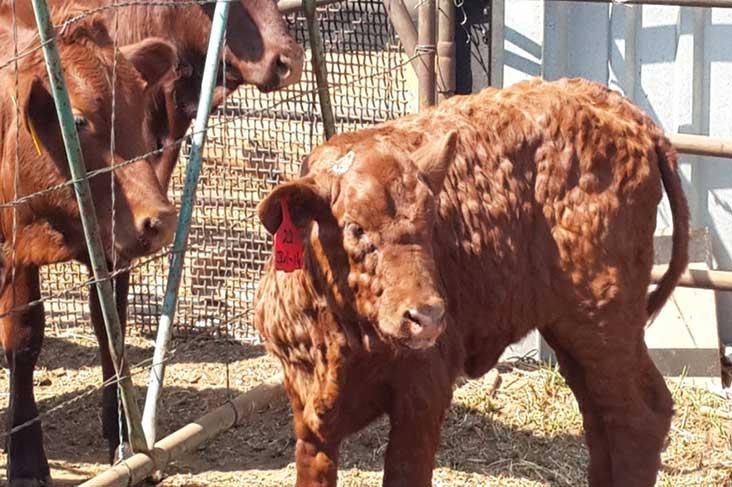A research partnership co-funded by UK Research and Innovation (UKRI) and the Government of India aims to understand and control lumpy skin disease (LSD) in Indian cattle.
The project aligns expertise from The Pirbright Institute, the Indian Council for Agricultural Research (ICAR), and the Royal Veterinary College to tackle LSD, which saw its first outbreak in 2019.
LSD is a serious viral cattle disease characterised by fever, nodular lesions, and swollen lymph nodes. A double-stranded DNA virus of the family Poxviridae, LSD can severely impact the livelihoods of millions of Indian farmers who rely on milk yield.
Funded as part of a £19.4m work package between the two governments, the partnership aims to develop assays to measure cellular immune responses following vaccination and infection and improve existing assays.
It also seeks to quantify the immune responses of cattle following infection and vaccination, identify factors driving differences in disease transmission and severity within India, and provide data to create risk-predictive maps for LSDV.
UK lead, Dr Georgina Limon-Vega, The Pirbright Institute, said: “Lumpy skin disease has rapidly expanded its geographical distribution across Asia in recent years, reaching India five years ago with devastating consequences for the agricultural sector and people's livelihoods.
“This collaboration will address important knowledge gaps to better understand the main drivers of lumpy skin disease infection in India and ultimately inform tailored control strategies.”
Livestock provides food and income to two-thirds of India’s rural community and contributes 4.11% of GDP and 25.6% of total agriculture GDP in India.
A longitudinal study will be conducted in Karnataka in southwest India to understand vector abundance and diversity in villages previously affected with LSD.
India lead, Dr Baldev Raj Gulati, ICAR-National Institute of Veterinary Epidemiology and Disease Informatics (ICAR-NIVEDI), said Karnataka State was chosen based on preliminary cluster analysis and identification of significant clusters of LSD cases using data from 384,219 outbreaks between 2019 and 2022.
“A longitudinal study will be conducted in Karnataka, which has a total livestock population of around 29 million, to understand vector abundance and diversity in villages previously affected with LSD, and to identify associated village-level risk factors,” said Dr Baldev Raj Gulati.
Co-investigators on the project also include Dr Mudassar Chanda and Dr Manjunatha Reddy from ICAR-NIVEDI; Professor Bryan Charleston, Dr Carrie Batten, Dr Marion England and Dr Caroline Wright from The Pirbright Institute, and Dr Kim Stevens from the Royal Veterinary College.
